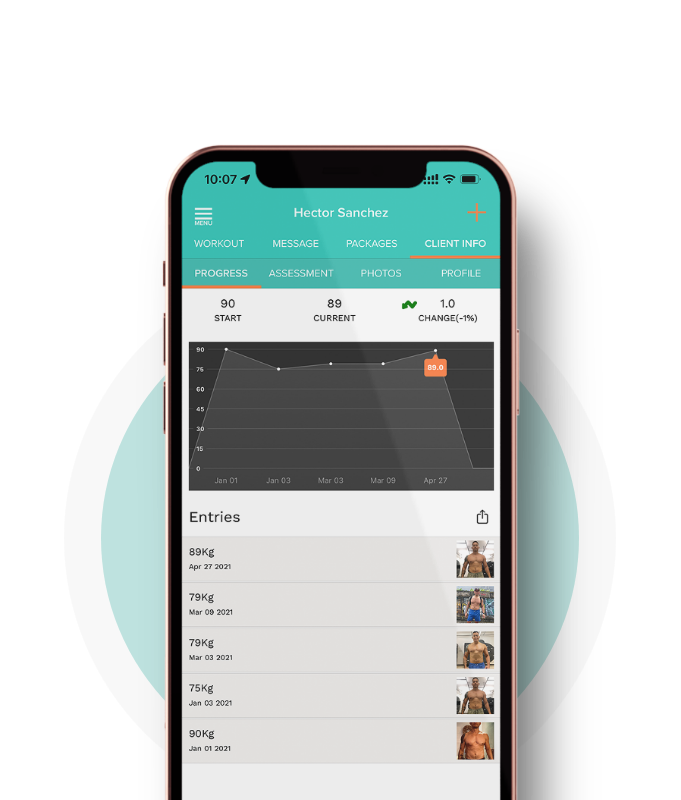Tips For Supporting Your Clients Beyond The Gym
As a personal trainer, you are there for your clients, whether at 4:00 am in the gym or 4:00 pm at the studio. Your job is to guide your clients while offering inspiration and support. In addition to the usual discussion topics of reps, cardio, and nutrition, there are other things you can do to help your clients achieve success in their fitness goals. Keep reading to learn more.
Discuss Vitamins and Supplements
Vitamins and supplements can be a touchy subject for some people. If you find them to have value as part of a well-rounded training regimen for your clients, always do your due diligence and talk with them about what they may have tried in the past and whether or not they are currently taking anything (including prescribed medicine). Educate the people you train on how adding something such as IGF-1 LR3 to their routine might benefit them.
It is imperative to note that any vitamins, supplements, natural herbs, and other medicines should always be discussed in their entirety by your client with their respective healthcare provider to prevent unwanted interactions and ensure safety.
Encourage Routine Medical Care
As you already know, whole body health is essential for fitness training. That is why relaying that ethos to your clients is necessary to help them progress and stay healthy during training. If they have chronic illnesses or undiagnosed problems, they may not be able to sustain training or feel good about the progress they have made.
Encourage your clients to schedule and keep their routine medical appointments. These should include:
- Annual Well-Check
- Routine Vaccinations
- Eyecare Appointments
- Dental Health
- Mental Health
- Dermatology
- Age-Appropriate Testing
When people are properly cared for by their physicians and other healthcare providers, they are in a better place to improve their physical fitness without the barriers of illness.
Relay the Benefits of Journaling
You have probably heard about the benefits of journaling and maybe even partake yourself. Journaling is a comprehensive way to track anything that needs tracking, such as health and fitness goals, meal plans, and water intake. It also serves as a healthy way to document life and stressors.
Another important point to note is that journaling does not replace counseling and the therapeutic benefits it affords people. This is especially critical to note if your client has experienced trauma, is going through extreme stress, or has any mental health diagnosis.
Watch this video for tips on creating personalized journals:
Conclusion
Supporting your clients in their efforts to make gains and work toward their fitness goals means showing them how to live a healthy and well-rounded lifestyle outside of the gym. Teach them about lifestyle balance early on in their training so they can learn how to integrate proper medical care while making good choices. If someone can incorporate healthy decision-making in their life, they are more likely to stay the course and continue prioritizing fitness long after achieving their initial goals.




